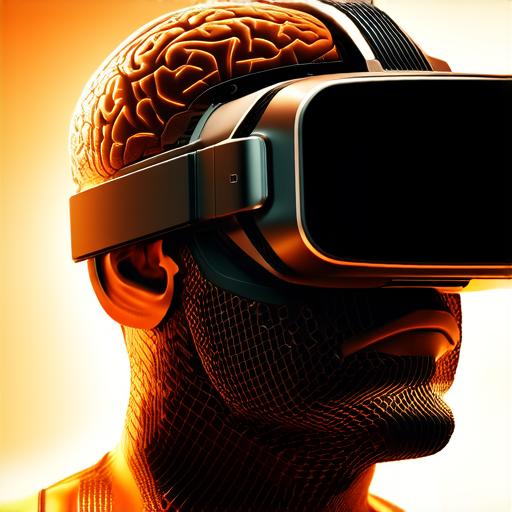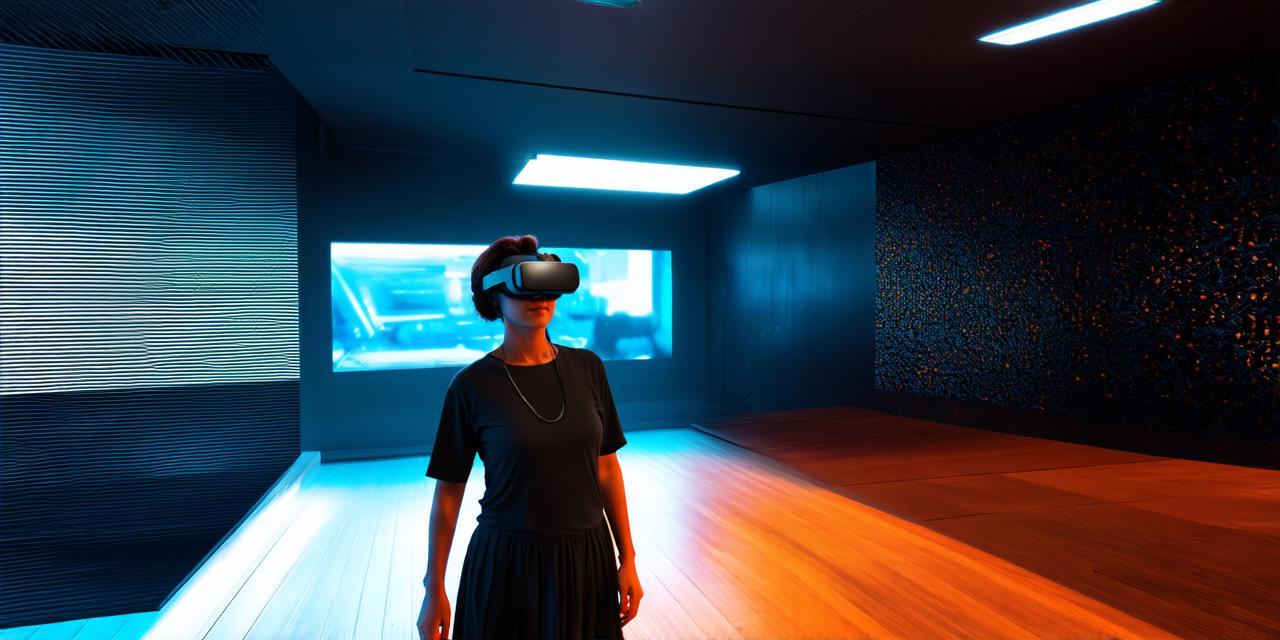Virtual reality (VR) is a rapidly growing technology that has been gaining popularity in recent years. VR provides an immersive experience that can transport users into different worlds and environments, giving them the ability to explore and interact with things they may never have the opportunity to experience in real life.

Physical Effects of Virtual Reality
Virtual reality can have a significant impact on our physical health. When using VR, users are often sitting or standing for extended periods, which can lead to discomfort and even physical pain. Additionally, VR experiences can be physically demanding, requiring users to move their bodies in ways they may not typically do during everyday activities. This can lead to injuries and strain on muscles and joints.
Another potential physical effect of virtual reality is the risk of motion sickness. Some people are more susceptible to motion sickness than others, and VR experiences can trigger this feeling for those prone to it. In some cases, motion sickness can be severe enough to make users nauseous or even vomit.
Mental Effects of Virtual Reality
Virtual reality also has a significant impact on our mental state. While VR can be an incredibly immersive and enjoyable experience, it can also cause anxiety, depression, and other psychological issues. For example, some people may become disoriented or overwhelmed by the intensity of the virtual world, leading to feelings of anxiety or panic attacks.
Additionally, VR experiences can trigger traumatic memories for some individuals. For example, if someone has experienced a traumatic event such as a natural disaster or a car accident, they may find that re-experiencing similar situations in a virtual environment can trigger these memories and lead to feelings of fear or distress.
Positive Effects of Virtual Reality
On the other hand, VR can also be an effective tool for therapy and mental health treatment. For example, exposure therapy has been shown to be effective in treating anxiety disorders such as phobias and post-traumatic stress disorder (PTSD). By exposing patients to a controlled virtual environment that simulates their fears, therapists can help them confront and overcome these fears in a safe and effective way.
Summary
In conclusion, virtual reality has the potential to greatly affect our physical and mental state. While it can be an exciting and immersive experience, it is essential to be aware of its potential risks and drawbacks. It is important to use VR in moderation and take breaks when necessary to prevent injury or discomfort. Additionally, it is crucial to seek professional help if you experience any negative psychological effects while using virtual reality.



